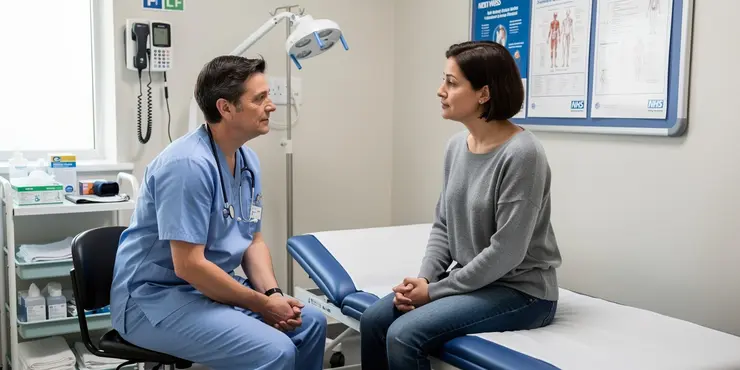
Find Help
More Items From Ergsy search
-
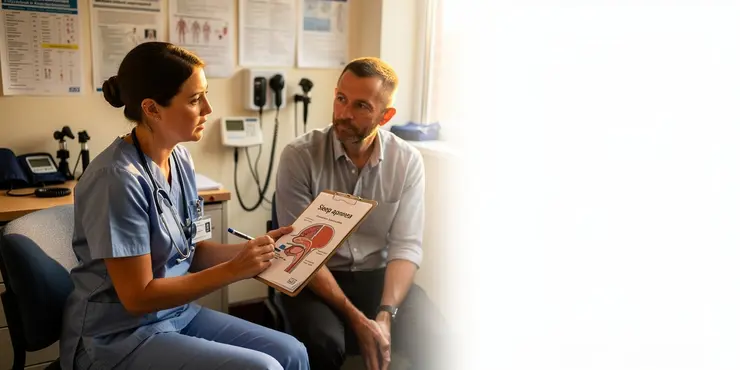
What is sleep apnoea?
Relevance: 100%
-
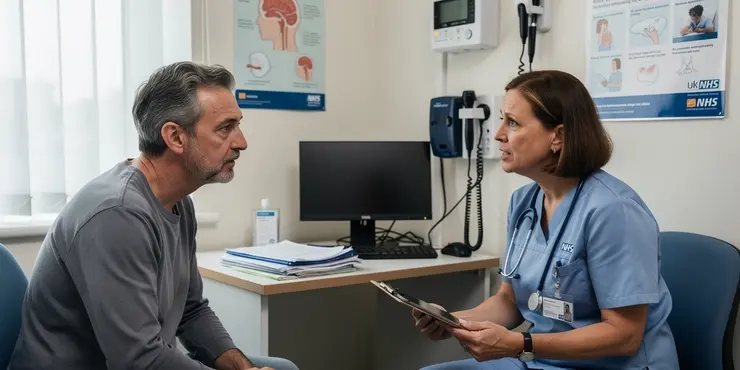
What is sleep apnea?
Relevance: 100%
-
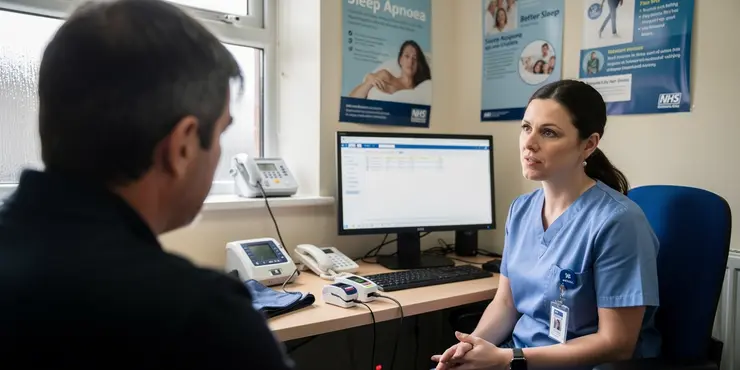
How common is sleep apnea?
Relevance: 96%
-
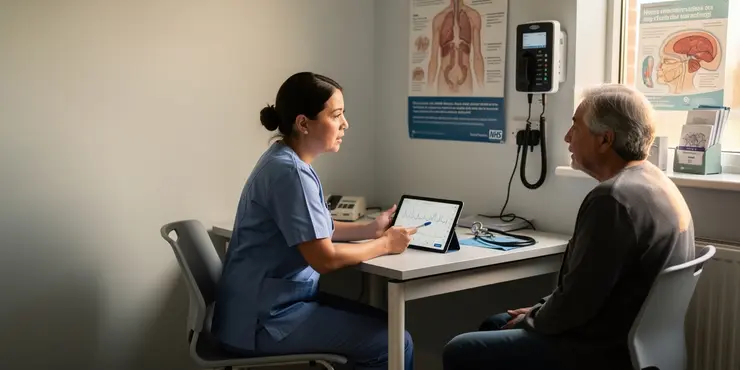
Can sleep apnea be cured?
Relevance: 95%
-
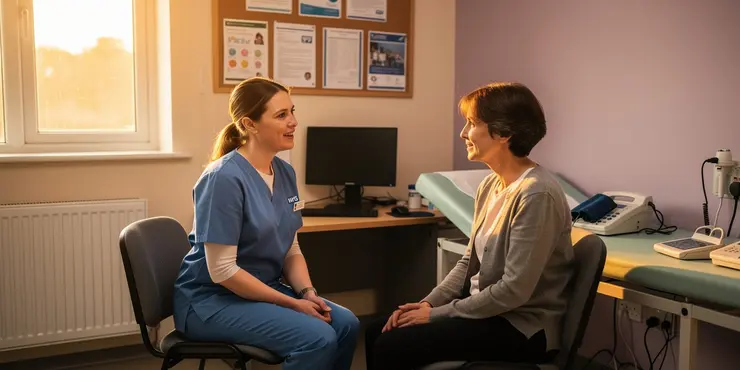
Why is sleep apnea dangerous?
Relevance: 95%
-
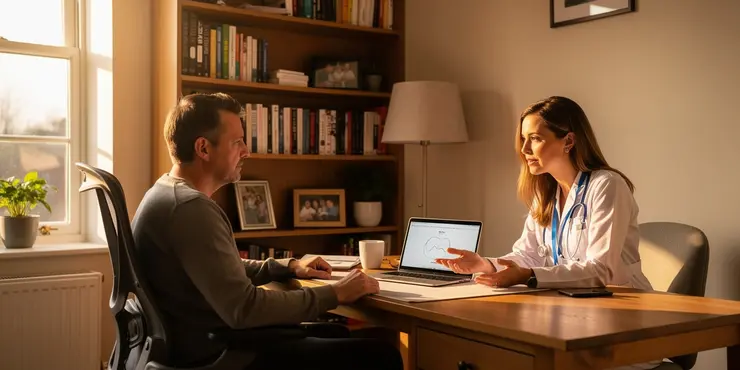
How is sleep apnea diagnosed?
Relevance: 95%
-
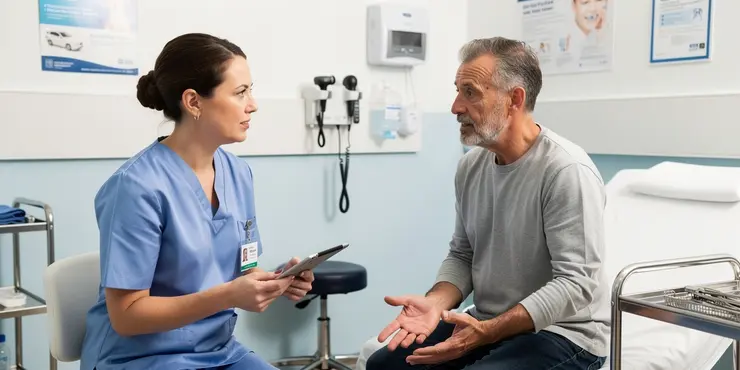
What are the main types of sleep apnea?
Relevance: 92%
-
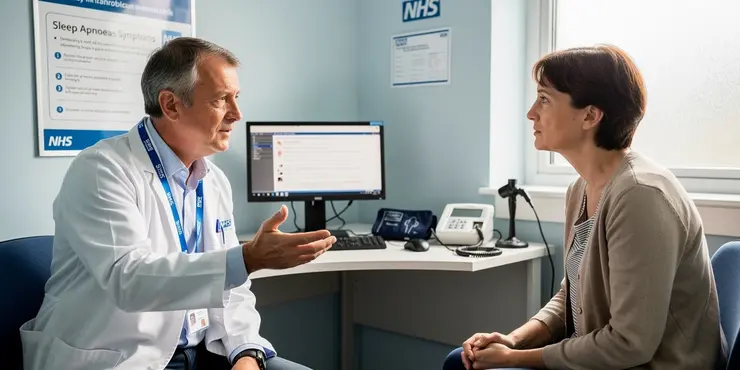
What are common symptoms of sleep apnea?
Relevance: 92%
-
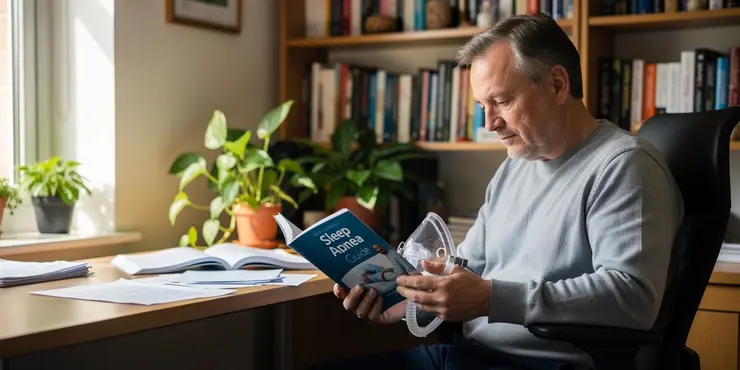
What is complex sleep apnea syndrome?
Relevance: 92%
-
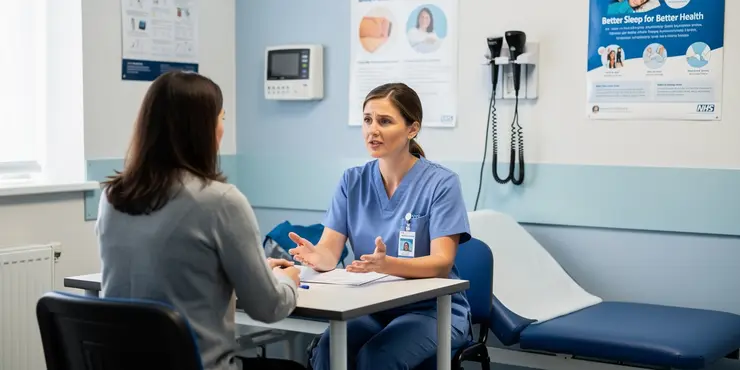
Can alcohol worsen sleep apnea?
Relevance: 92%
-
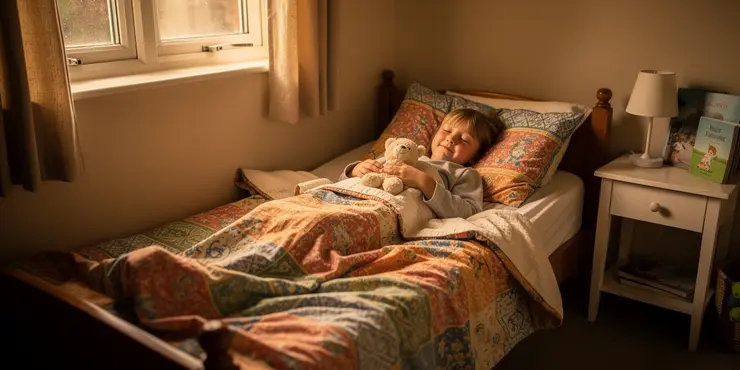
Can children have sleep apnea?
Relevance: 92%
-
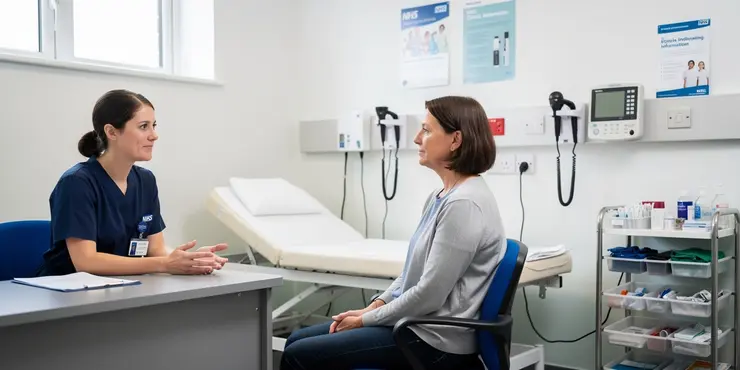
What is complex sleep apnea syndrome?
Relevance: 91%
-
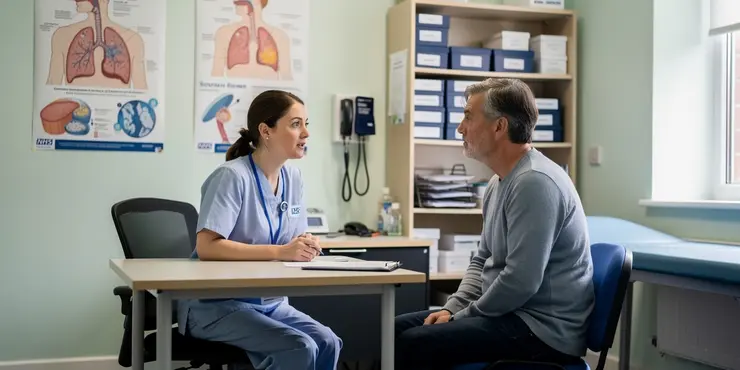
Is snoring always a sign of sleep apnea?
Relevance: 91%
-
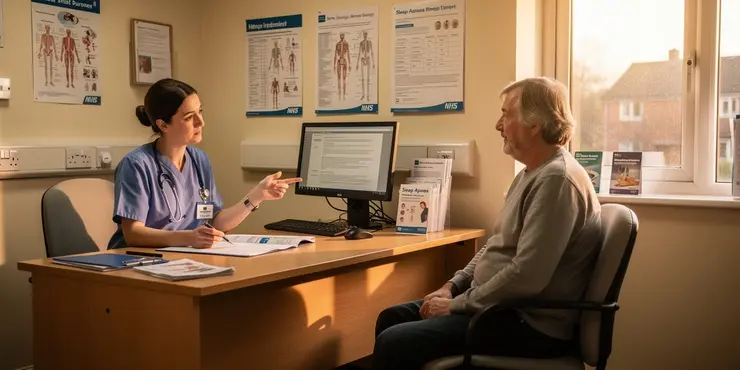
What treatments are available for sleep apnea?
Relevance: 91%
-
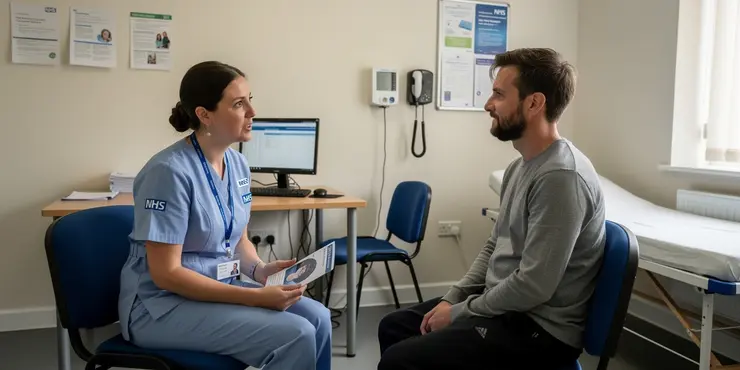
Is CPAP the only treatment for sleep apnea?
Relevance: 91%
-
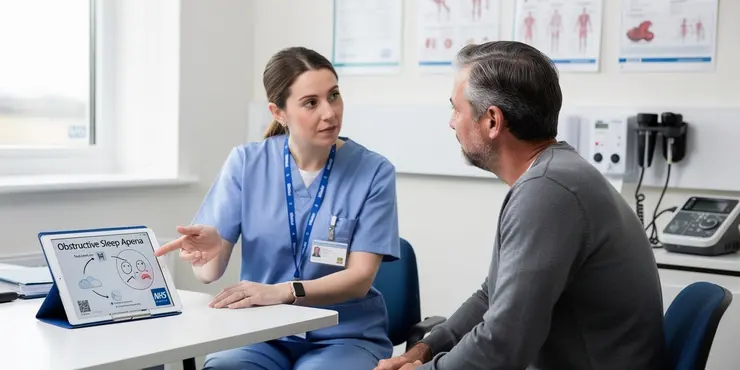
What causes obstructive sleep apnea?
Relevance: 90%
-
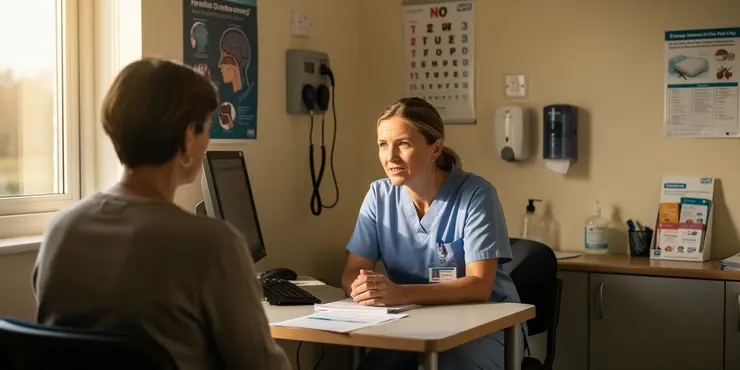
Does sleep apnea occur only in adults?
Relevance: 89%
-

What are risk factors for developing sleep apnea?
Relevance: 89%
-
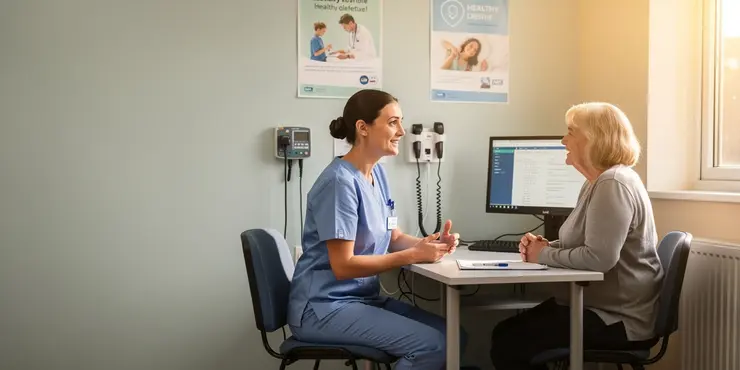
Can weight loss improve sleep apnea?
Relevance: 88%
-
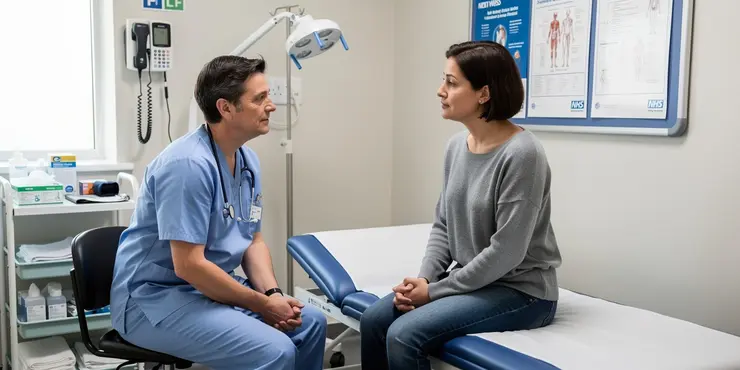
What should I do if I suspect I have sleep apnea?
Relevance: 88%
-
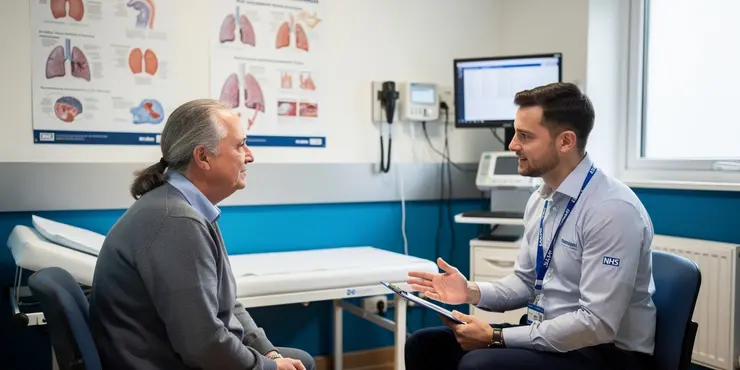
Am I eligible to try the new sleep apnea chip?
Relevance: 87%
-
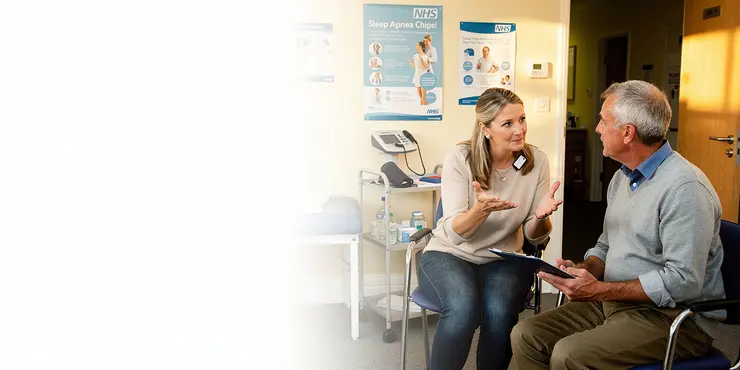
How does the new Sleep Apnea Chip work?
Relevance: 84%
-
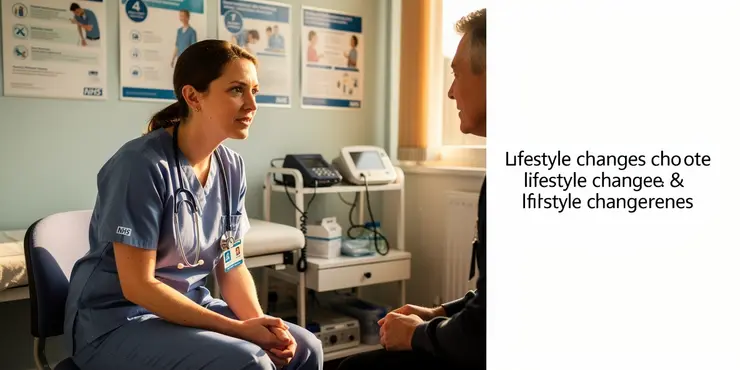
What lifestyle changes can help manage sleep apnea?
Relevance: 83%
-
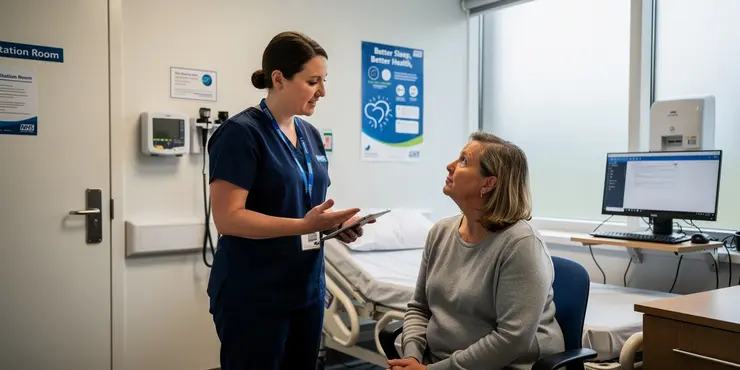
Introduction to obstructive sleep apnoea
Relevance: 71%
-
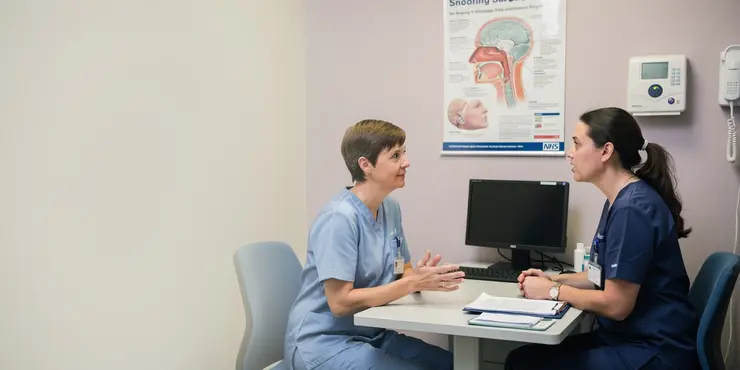
Evidence-Based Interventions: snoring surgery in the absence of Obstructive Sleep Apnoea (OSA)
Relevance: 64%
-
What is sleep apnoea?
Relevance: 51%
-
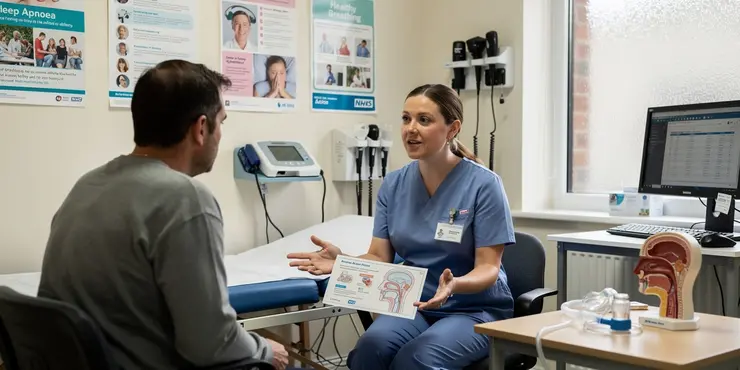
How does central sleep apnea differ from obstructive sleep apnea?
Relevance: 46%
-
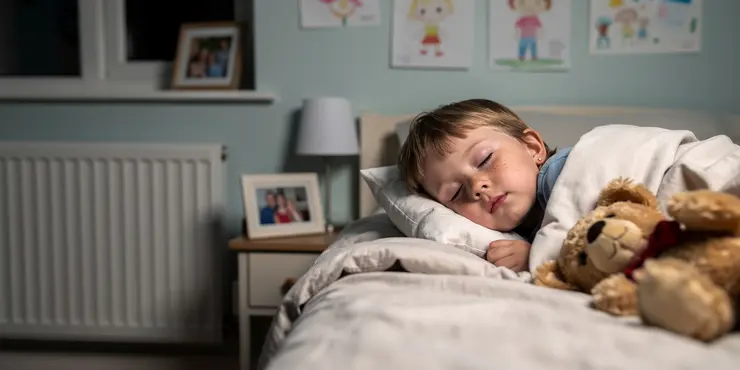
The Importance of Sleep for All Ages
Relevance: 41%
-
How does sleep quality relate to menopause symptoms?
Relevance: 40%
-
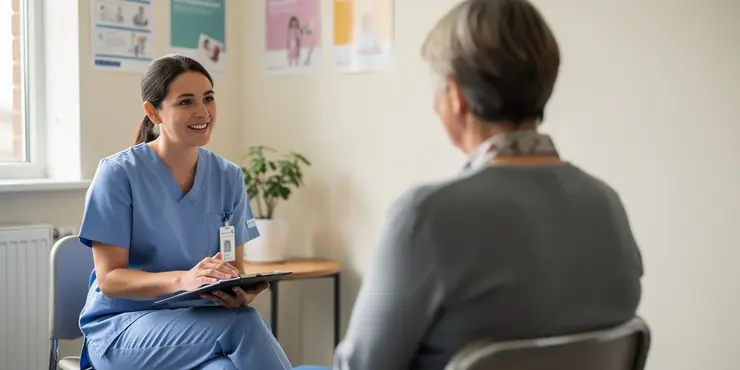
Does screen time affect both sleep onset and sleep maintenance?
Relevance: 38%
-
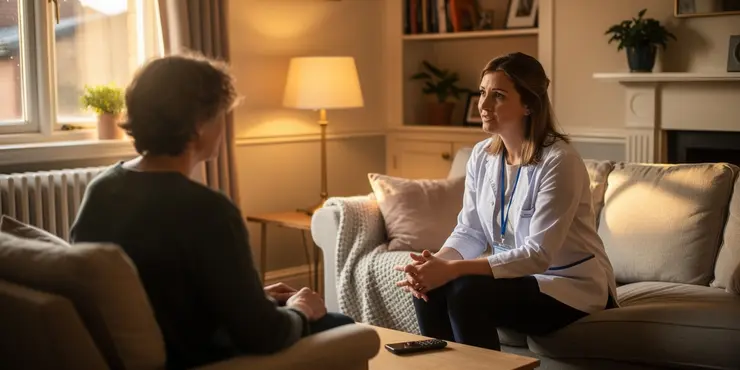
Top Tips to Help You Get a Good Nights Sleep
Relevance: 38%
-
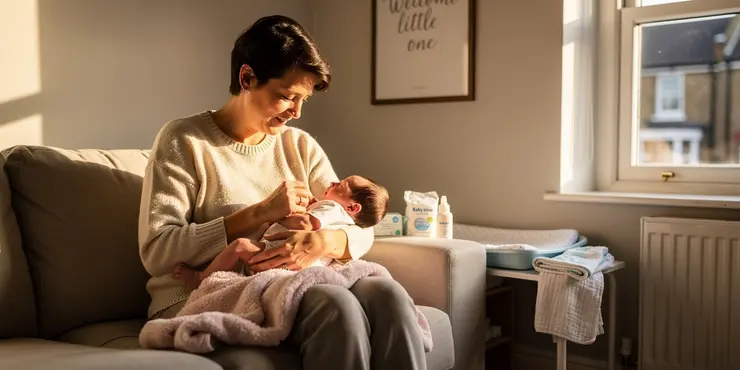
Are baby sleep pillows safe?
Relevance: 37%
-
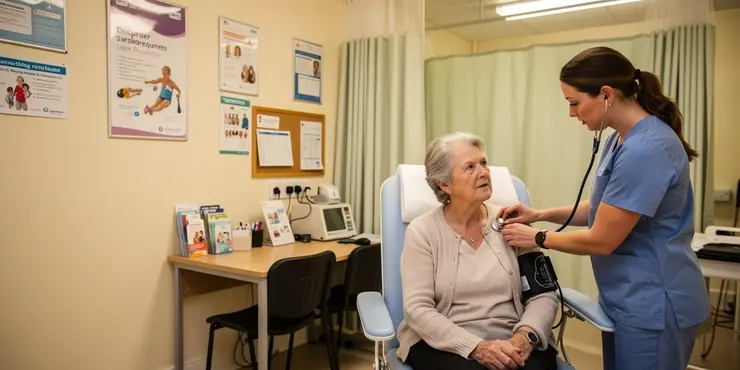
Is it safe to sleep after a concussion?
Relevance: 36%
-
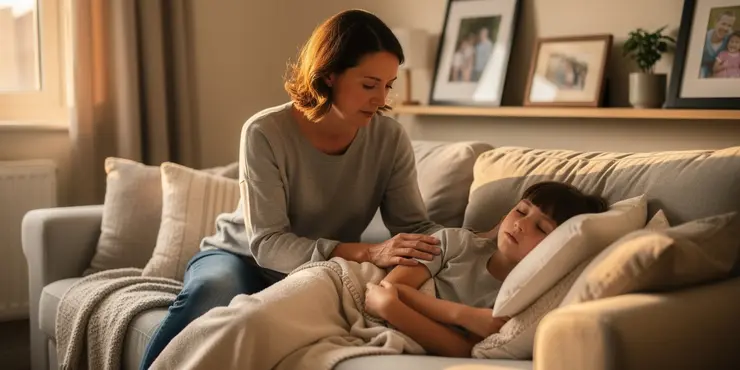
Is it safe to sleep after a concussion?
Relevance: 36%
-
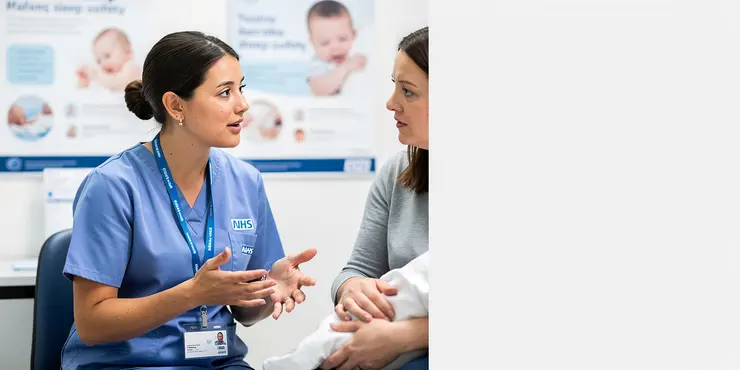
Is it okay to use a baby sleep positioner?
Relevance: 36%
-
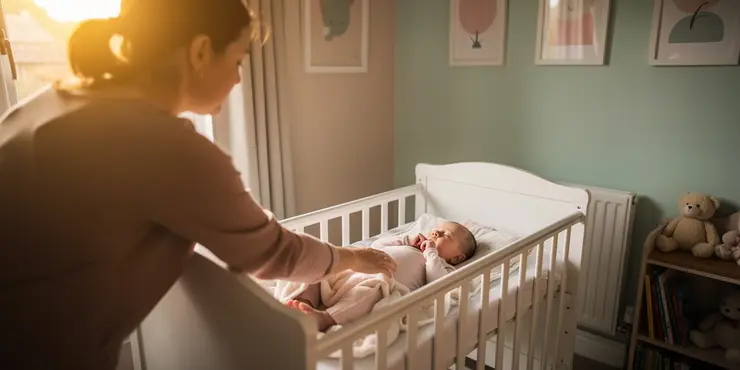
What is the safest sleep environment for an infant?
Relevance: 36%
-
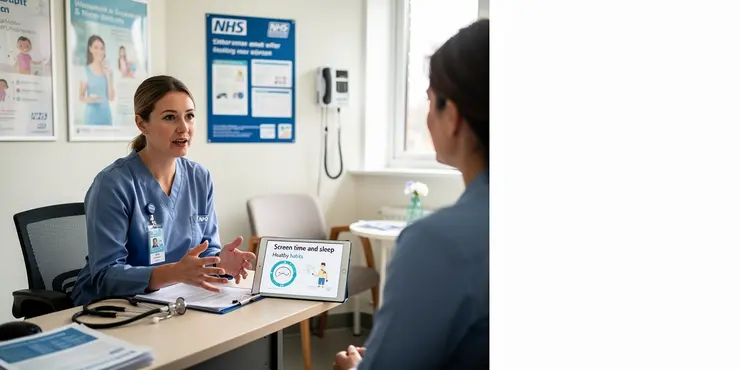
Does screen time impact REM sleep?
Relevance: 35%
-
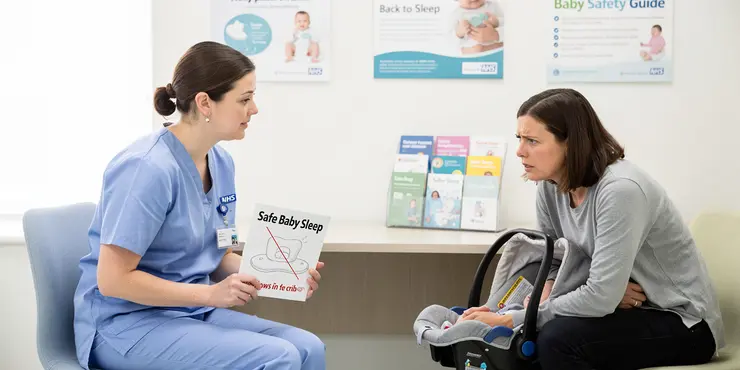
Why are baby sleep pillows not safe for infants?
Relevance: 34%
-
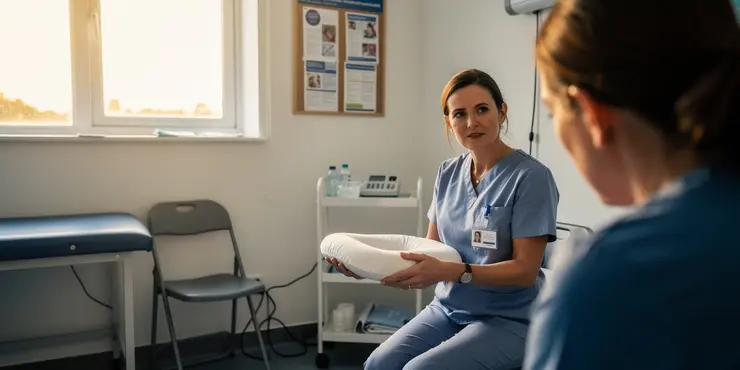
Are there any benefits to using baby sleep pillows?
Relevance: 34%
-
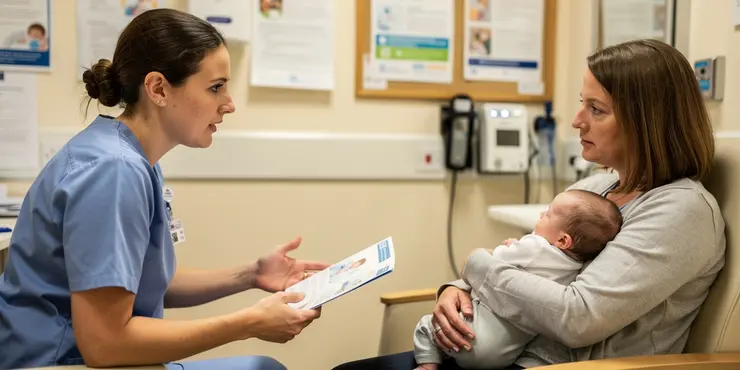
What are the risks associated with baby sleep pillows?
Relevance: 34%
Recognizing the Signs of Sleep Apnea
Sleep apnea is a common but serious sleep disorder where breathing repeatedly stops and starts. If you suspect you have sleep apnea, it is crucial to recognize the potential symptoms such as loud snoring, episodes of stopped breathing during sleep witnessed by another person, abrupt awakenings with a sensation of gasping or choking, morning headaches, difficulty staying asleep, and excessive daytime sleepiness. Identifying these symptoms early on can help in seeking timely medical intervention.
Consulting Your GP
If you suspect you have sleep apnea, the first step is to consult your General Practitioner (GP). In the UK, your GP can provide initial guidance and determine if further investigation is needed. They may ask about your sleeping habits, any symptoms you’ve noticed, and any observations made by your partner or family. It is useful to keep a sleep diary for a couple of weeks before your visit to provide detailed information about your sleep patterns and any symptoms experienced.
Diagnosis Through Sleep Studies
Upon consultation, your GP may refer you to a sleep specialist who will likely conduct a sleep study. Sleep studies, also known as polysomnography, are tests used to diagnose sleep disorders. In the UK, these can be conducted in a sleep centre, clinic, or sometimes even at home using portable equipment. The study monitors various body functions during sleep, such as breathing patterns, oxygen levels, heart rate, and movements, to identify any irregularities that might indicate sleep apnea.
Treatment Options
The treatment for sleep apnea varies based on its severity. Common treatments include lifestyle changes such as weight loss, smoking cessation, and changes in sleep position. Continuous positive airway pressure (CPAP) therapy is a widely used treatment in the UK, where a machine delivers air pressure through a mask placed over your nose during sleep. Other options might include oral appliances designed to keep the throat open or, in severe cases, surgery. Your specialist will advise on the most appropriate treatment based on your condition.
Importance of Prompt Action
Suspecting you have sleep apnea should not be taken lightly. Untreated sleep apnea can lead to serious complications like cardiovascular issues, daytime fatigue, and even complications with certain medications and surgery. Timely medical intervention plays a significant role in managing the condition and maintaining your overall health and wellbeing. Seeking help from healthcare professionals ensures appropriate diagnosis and treatment, improving sleep quality and reducing health risks associated with sleep apnea.
Support and Resources
For further information and support, you can access resources provided by organizations like the British Lung Foundation and the UK's National Health Service (NHS). These platforms offer detailed insights about sleep apnea and provide updates about ongoing research and available treatment protocols. Engaging with support groups can also be beneficial, as connecting with others facing similar challenges can provide additional advice and emotional support.
Frequently Asked Questions
What is sleep apnea?
Sleep apnea is a sleep disorder characterized by pauses in breathing or periods of shallow breathing during sleep.
What are the symptoms of sleep apnea?
Symptoms include loud snoring, episodes of breathing cessation during sleep, abrupt awakenings accompanied by gasping, morning headache, difficulty staying asleep, and excessive daytime sleepiness.
What should I do if I suspect I have sleep apnea?
If you suspect you have sleep apnea, you should consult a healthcare professional for a proper diagnosis and possible sleep study.
Who should I see if I think I have sleep apnea?
You can start by seeing your primary care doctor. They may refer you to a sleep specialist or recommend a sleep study.
How is sleep apnea diagnosed?
Sleep apnea is typically diagnosed with a sleep study, also known as polysomnography, or at-home sleep apnea testing.
What are the risks of untreated sleep apnea?
Untreated sleep apnea can lead to serious health problems such as high blood pressure, heart disease, stroke, diabetes, and worsening ADHD.
Can lifestyle changes help with sleep apnea?
Yes, losing weight, exercising, changing sleep positions, and avoiding alcohol and smoking can help manage sleep apnea.
What treatments are available for sleep apnea?
Treatments include lifestyle changes, CPAP therapy, oral appliances, surgery, and positional therapy.
What is CPAP therapy?
CPAP (Continuous Positive Airway Pressure) therapy involves wearing a mask connected to a machine that provides a steady stream of air to keep your airways open during sleep.
How effective is CPAP therapy for sleep apnea?
CPAP therapy is highly effective in treating sleep apnea by preventing airway obstruction and improving sleep quality.
Can sleep apnea be cured?
While there is no cure for sleep apnea, it can be effectively managed with treatment and lifestyle changes.
Can children have sleep apnea?
Yes, children can have sleep apnea, often related to tonsil or adenoid enlargement, obesity, or certain medical conditions.
What are the signs of sleep apnea in children?
Signs include loud snoring, pauses in breathing, bedwetting, daytime sleepiness, and behavioral issues.
What happens during a sleep study?
During a sleep study, sensors monitor your breathing, heart rate, oxygen levels, and other parameters while you sleep at a sleep center.
Is home sleep apnea testing reliable?
Home sleep apnea tests are less comprehensive than in-lab studies but can be reliable for diagnosing moderate to severe cases under medical guidance.
How can I prepare for a sleep study?
On the day of the study, avoid alcohol and caffeine, and try to maintain your usual sleep routine.
What lifestyle changes can reduce sleep apnea symptoms?
Eating a healthy diet, maintaining a regular sleep schedule, and following medical advice can reduce symptoms.
Are there any home remedies for sleep apnea?
While home remedies can't cure sleep apnea, elevating the head during sleep and using a humidifier may alleviate symptoms.
When should I seek emergency care for sleep apnea?
Seek emergency care if you experience severe symptoms like chest pain, high blood pressure spikes, or significant daytime drowsiness.
What support is available for people with sleep apnea?
Support includes joining sleep apnea support groups, receiving counseling, and accessing resources from organizations like the American Sleep Apnea Association.
Useful Links
This website offers general information and is not a substitute for professional advice.
Always seek guidance from qualified professionals.
If you have any medical concerns or need urgent help, contact a healthcare professional or emergency services immediately.
Some of this content was generated with AI assistance. We’ve done our best to keep it accurate, helpful, and human-friendly.
- Ergsy carfully checks the information in the videos we provide here.
- Videos shown by Youtube after a video has completed, have NOT been reviewed by ERGSY.
- To view, click the arrow in centre of video.
- Most of the videos you find here will have subtitles and/or closed captions available.
- You may need to turn these on, and choose your preferred language.
- Go to the video you'd like to watch.
- If closed captions (CC) are available, settings will be visible on the bottom right of the video player.
- To turn on Captions, click settings .
- To turn off Captions, click settings again.
More Items From Ergsy search
-

What is sleep apnoea?
Relevance: 100%
-

What is sleep apnea?
Relevance: 100%
-

How common is sleep apnea?
Relevance: 96%
-

Can sleep apnea be cured?
Relevance: 95%
-

Why is sleep apnea dangerous?
Relevance: 95%
-

How is sleep apnea diagnosed?
Relevance: 95%
-

What are the main types of sleep apnea?
Relevance: 92%
-

What are common symptoms of sleep apnea?
Relevance: 92%
-

What is complex sleep apnea syndrome?
Relevance: 92%
-

Can alcohol worsen sleep apnea?
Relevance: 92%
-

Can children have sleep apnea?
Relevance: 92%
-

What is complex sleep apnea syndrome?
Relevance: 91%
-

Is snoring always a sign of sleep apnea?
Relevance: 91%
-

What treatments are available for sleep apnea?
Relevance: 91%
-

Is CPAP the only treatment for sleep apnea?
Relevance: 91%
-

What causes obstructive sleep apnea?
Relevance: 90%
-

Does sleep apnea occur only in adults?
Relevance: 89%
-

What are risk factors for developing sleep apnea?
Relevance: 89%
-

Can weight loss improve sleep apnea?
Relevance: 88%
-

What should I do if I suspect I have sleep apnea?
Relevance: 88%
-

Am I eligible to try the new sleep apnea chip?
Relevance: 87%
-

How does the new Sleep Apnea Chip work?
Relevance: 84%
-

What lifestyle changes can help manage sleep apnea?
Relevance: 83%
-

Introduction to obstructive sleep apnoea
Relevance: 71%
-

Evidence-Based Interventions: snoring surgery in the absence of Obstructive Sleep Apnoea (OSA)
Relevance: 64%
-
What is sleep apnoea?
Relevance: 51%
-

How does central sleep apnea differ from obstructive sleep apnea?
Relevance: 46%
-

The Importance of Sleep for All Ages
Relevance: 41%
-
How does sleep quality relate to menopause symptoms?
Relevance: 40%
-

Does screen time affect both sleep onset and sleep maintenance?
Relevance: 38%
-

Top Tips to Help You Get a Good Nights Sleep
Relevance: 38%
-

Are baby sleep pillows safe?
Relevance: 37%
-

Is it safe to sleep after a concussion?
Relevance: 36%
-

Is it safe to sleep after a concussion?
Relevance: 36%
-

Is it okay to use a baby sleep positioner?
Relevance: 36%
-

What is the safest sleep environment for an infant?
Relevance: 36%
-

Does screen time impact REM sleep?
Relevance: 35%
-

Why are baby sleep pillows not safe for infants?
Relevance: 34%
-

Are there any benefits to using baby sleep pillows?
Relevance: 34%
-

What are the risks associated with baby sleep pillows?
Relevance: 34%


